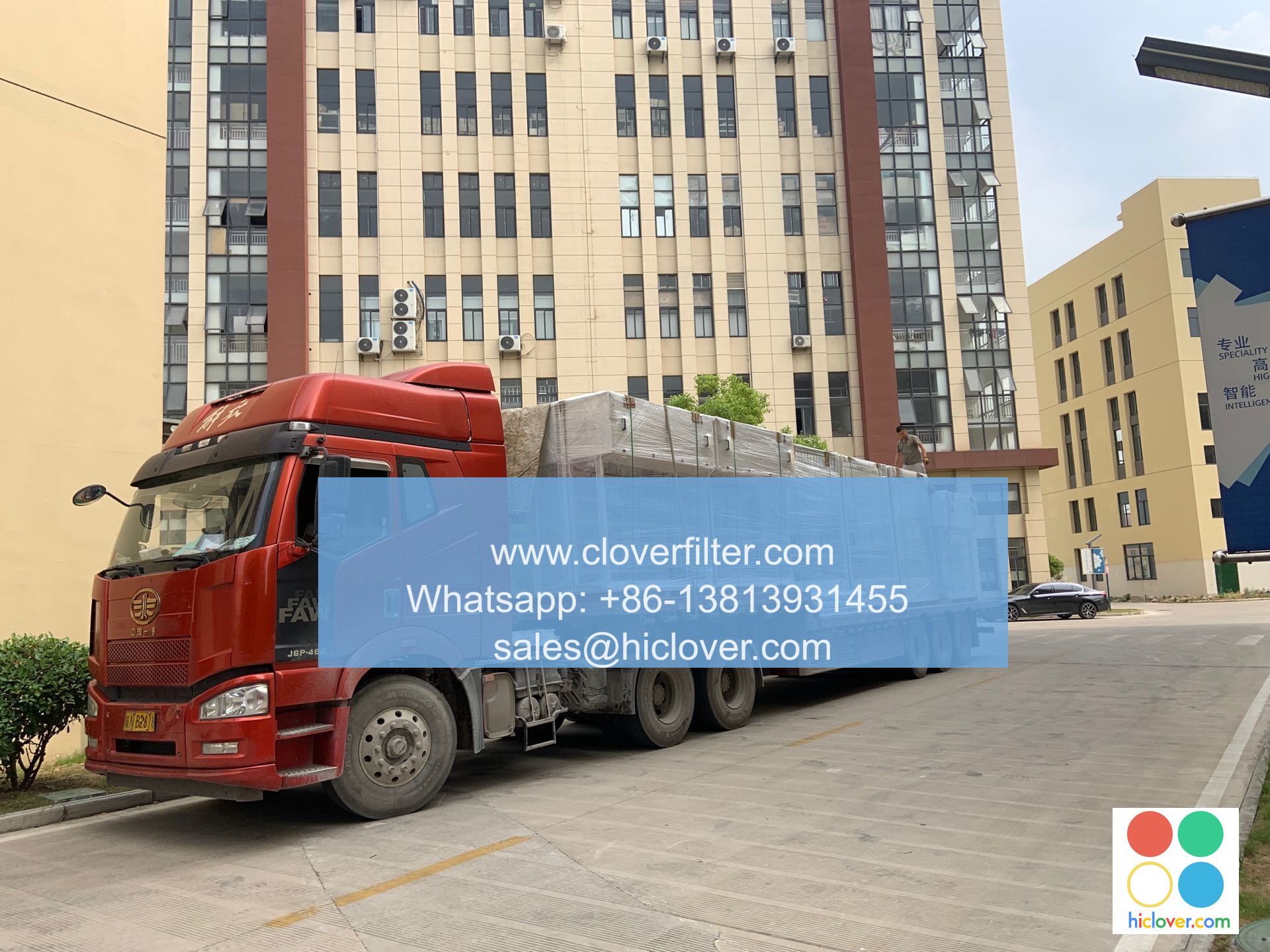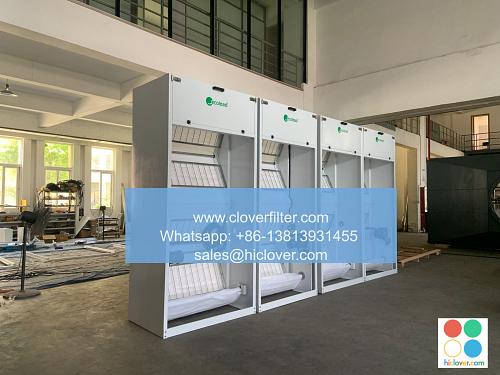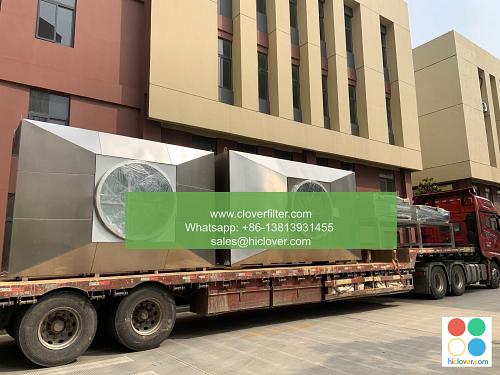How Automatic Roll Air Filters Can Improve Oil Equipment Production in Alberta’s Manufacturing Sector

Alberta’s manufacturing sector, particularly the oil equipment production industry, is a significant contributor to the province’s economy. The industry relies heavily on efficient and effective production processes to meet the demands of the energy sector. One crucial aspect of maintaining optimal production levels is ensuring the quality of the air in manufacturing facilities. This is where automatic roll air filters come into play, offering a range of benefits that can improve oil equipment production in Alberta.
Automatic roll air filters are designed to provide a consistent and efficient way to remove contaminants and particles from the air in manufacturing facilities. These filters work by automatically rolling out a new section of filter media as the old section becomes dirty, ensuring that the air quality remains consistent and clean. This is particularly important in oil equipment production, where airborne contaminants can affect not only the quality of the final product but also the health and safety of workers.
One of the primary advantages of automatic roll air filters in oil equipment production is their ability to reduce downtime and increase productivity. Traditional filter systems often require manual replacement or cleaning, which can lead to production stoppages and reduced efficiency. Automatic roll air filters, on the other hand, can operate continuously without the need for manual intervention, minimizing downtime and allowing production to run smoothly.
Additionally, automatic roll air filters can help improve the quality of oil equipment production by reducing the risk of contamination. Airborne particles and contaminants can easily become embedded in equipment and components, leading to defects and rework. By removing these contaminants from the air, automatic roll air filters can help ensure that products are manufactured to the highest standards, reducing the need for costly rework and improving overall product quality.
Another significant benefit of automatic roll air filters is their ability to improve worker health and safety. Inhaling airborne contaminants can lead to respiratory problems and other health issues, particularly in industries where workers are exposed to high levels of dust and particles. By providing a clean and healthy work environment, automatic roll air filters can help reduce the risk of workplace illnesses and injuries, improving worker well-being and reducing the financial burden of workers’ compensation claims.
Furthermore, automatic roll air filters can also help oil equipment manufacturers in Alberta reduce their environmental impact. By minimizing the amount of airborne contaminants released into the atmosphere, these filters can help reduce the industry’s carbon footprint and contribute to a cleaner and healthier environment. This is particularly important in Alberta, where the energy sector is under increasing pressure to reduce its environmental impact and meet stringent regulatory requirements.
In terms of cost savings, automatic roll air filters can also provide a range of benefits. By reducing the need for manual filter replacement and cleaning, these filters can help minimize maintenance costs and extend the lifespan of equipment. Additionally, by improving product quality and reducing the need for rework, automatic roll air filters can help manufacturers reduce waste and save on raw materials, leading to significant cost savings over time.
Overall, automatic roll air filters offer a range of benefits that can improve oil equipment production in Alberta’s manufacturing sector. From reducing downtime and improving product quality to improving worker health and safety and reducing environmental impact, these filters are an essential component of any modern manufacturing facility. By investing in automatic roll air filters, oil equipment manufacturers in Alberta can improve their competitiveness, reduce costs, and contribute to a cleaner and healthier environment.
As the oil equipment production industry continues to evolve and grow, it is likely that the demand for automatic roll air filters will increase. Manufacturers who invest in these filters can expect to see significant improvements in their production processes, from increased efficiency and productivity to improved product quality and reduced costs. Whether you are a small-scale manufacturer or a large industrial operation, automatic roll air filters are an essential component of any modern manufacturing facility.
Conclusion
In conclusion, automatic roll air filters are a crucial component of any oil equipment production facility in Alberta. By providing a consistent and efficient way to remove contaminants and particles from the air, these filters can help improve product quality, reduce downtime, and improve worker health and safety. With their ability to minimize maintenance costs, reduce waste, and contribute to a cleaner environment, automatic roll air filters are an essential investment for any manufacturer looking to improve their production processes and stay competitive in the industry.
FAQs
Q: How do automatic roll air filters work?
A: Automatic roll air filters work by automatically rolling out a new section of filter media as the old section becomes dirty, ensuring that the air quality remains consistent and clean.
Q: What are the benefits of using automatic roll air filters in oil equipment production?
A: The benefits of using automatic roll air filters in oil equipment production include reduced downtime, improved product quality, improved worker health and safety, and reduced environmental impact.
Q: Can automatic roll air filters help reduce costs?
A: Yes, automatic roll air filters can help reduce costs by minimizing the need for manual filter replacement and cleaning, reducing waste, and improving product quality.
Q: Are automatic roll air filters suitable for all manufacturing facilities?
A: Yes, automatic roll air filters are suitable for all manufacturing facilities, regardless of size or industry. They are an essential component of any modern manufacturing facility and can help improve production processes, reduce costs, and contribute to a cleaner environment.


